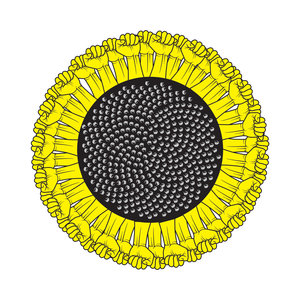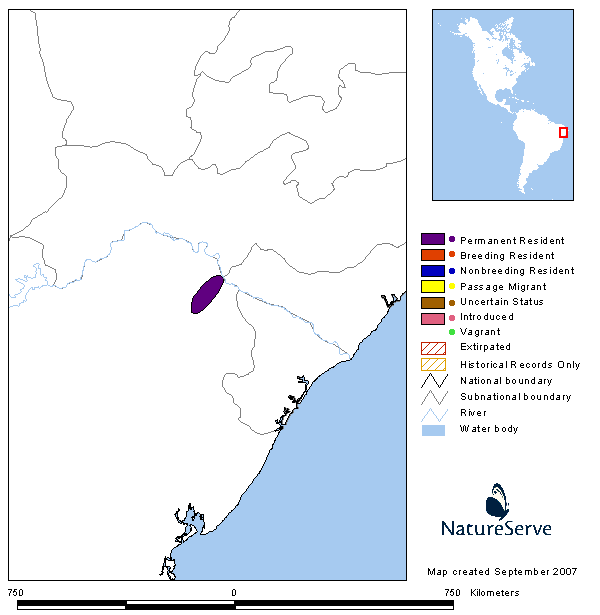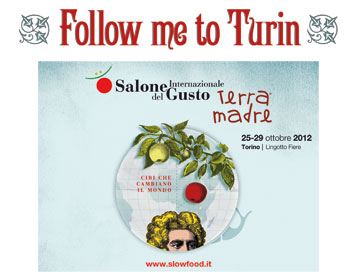Lear's Macaw – Their Feast is Vanishing Too
When I started writing this blog, I focused on the varieties of vegetables that have vanished from seed collections. Being an avid gardener,I know the value of biodiversity to the long-term health of the garden, and the environment. I admit, I had a slight disconnect to the larger picture of endangered plants, all the species that rely on them, and what I am doing with this blog and my work. Sometimes the simple and obvious gets lost.
Recently though, that has changed. Let me explain how.
With my experience of preparing for the heirloom expo, the sunflower emerged as my new logo. After growing sunflowers this year, and being an astute observer of what I grow, the dots got connected about the sunflower's role in the biodiversity food chain. Pollinators, birds, animals, and humans are fed by the sunflower. It's a good symbol of the feast provided by nature. They are beautiful, and now they are the brand image for what I do.
While reading a Slow Food International press release about Salone del Gusto Terra Madre, and the work of the Brazilian Licuri Slow Food Presidium, I came across the plight of Lear's Macaw. Lear's Macaw is a wild parrot whose natural habitat is a very small area in Brazil, noted on the map on the left.
Lear's Macaw derives 90% of its diet from the Licuri Palm. The other 10% comes from fruits in the area. They've been known to eat corn also, which puts them at odds with farmers.
When 90% of your diet comes from one source, and that source is diminished, naturally you're going to seek out other food source. I know I would. Habitat loss is one of the major factors putting pressure on Lear's Macaw. The other is illegal poaching. Some sources cite habitat loss over poaching, some sources cite the opposite. Both are reasons why Lear's Macaws are endangered, and both are not acceptable.
The habitat loss is from clear cutting and fires, techniques used to create cattle grazing pastures. This action is a controversial one, it impacts more than Lear's Macaw. I think how heavily these parrots rely on a single food that is being diminished puts this slash and burn practice in proper perspective for the damage that it does.
Some steps have been taken to preserve their habitat. Seedlings of the Licuri Palm that try to reclaim the pastures ate either stomped out by grazing, or are eaten as part of the grazing done in these pastures. As with any invasive species or action, tipping the natural balance in an environment has detrimental consequences.
There's still a lot of work to be done, and the populations of Lear's Macaw have stabilized to the point that in 2009 they have been moved from Critically Endangered to Endangered. This statement though, shows how precarious the situation is for the wild population;
A major fire could now wipe the whole palm population out (5), leaving this parrot fatally vulnerable.
While that statement is from the year 2000, it's still relevant today. The fact remains that a species of bird relies on one source of food for 90% of its diet. If anything illustrates the title of my blog, Vanishing Feast – An Heirloom Solution, the plight of Lear's Macaw does. The Licuri Palm is an heirloom variety of palm tree, and it provides the solution of the feast needed by Lear's Macaw.
There's a couple of valuable lessons here. First, for me, the expansion of my concept beyond seeds and seed collection is warranted. Second, coal miners used to use canaries in coal mines as warnings about dangers of lethal gases. Perhaps, this parrot in a palm tree is a symbol for the danger of habitat destruction and how lethal it can be.
For more information about the Licuri Palm take a look at the work of the Brazilian Licuri Slow Food Presidium, a Slow Food International's presidum dedicated to the Licuri Palm, the source of 90% of Lear Macaw's diet.
For more information about conservation efforts, here's a good article at The Parrot Society UK.
For mor information about Salone del Gusto Terra Madre, here's their website.


